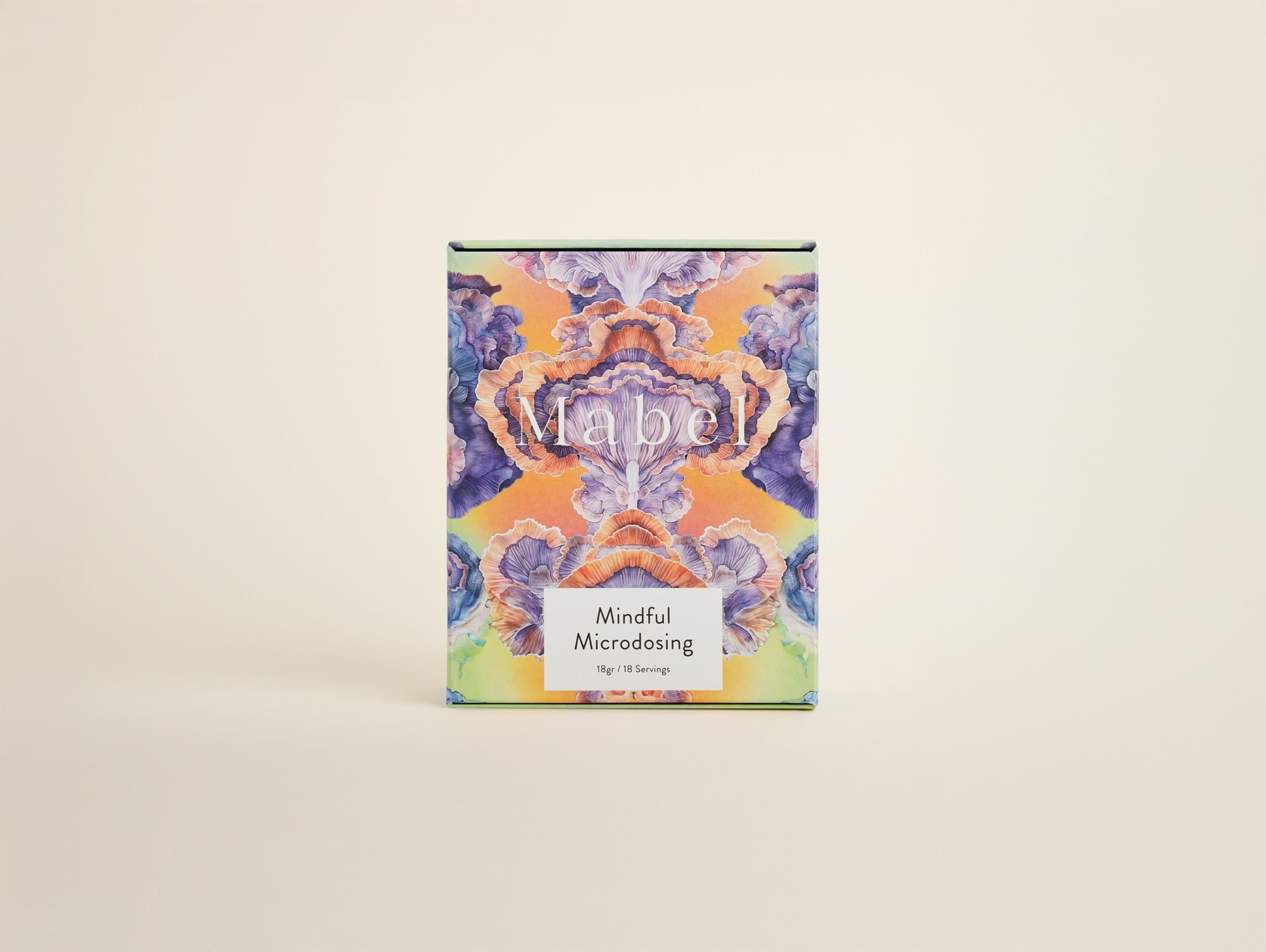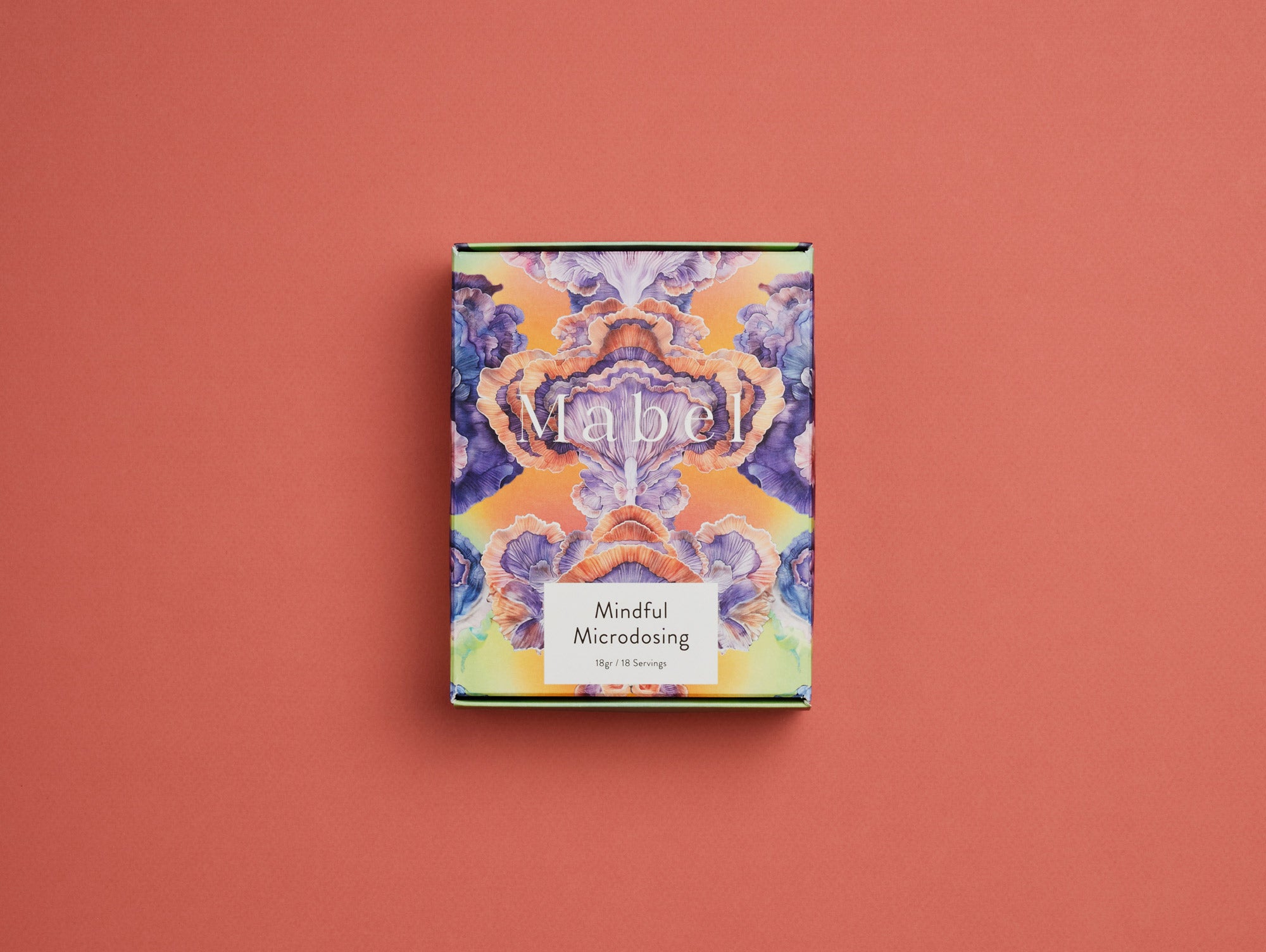Article written by Phd. Amir Lotfi. Senior Director - Beckley Psytech & SCO at Mabel.
Living with an autoimmune condition often feels like navigating a maze in the dark
It's an intimate, often invisible struggle marked by chronic fatigue that settles deep in your bones, persistent pain that shifts and flares, cognitive "fog" that clouds thinking, and the unnerving unpredictability of the next flare-up.
You might meticulously follow every piece of medical advice, adjust your diet, prioritize rest, yet still feel fundamentally betrayed by a body engaged in an internal civil war. While it offers little solace during difficult moments, remember this unseen battle is shared. Autoimmune diseases represent a significant health challenge, disproportionately affecting women, who account for approximately 80% of diagnosed cases.
These conditions form a diverse spectrum
Many are familiar names like Rheumatoid Arthritis, with its joint inflammation and pain; Multiple Sclerosis, attacking the nervous system; Scleroderma, causing hardening of skin and connective tissues; or Psoriasis, manifesting primarily on the skin but with systemic effects. Others, such as the complex vasculitis of Behcet's disease, the systemic reach of Lupus, or the dryness and fatigue of Sjogren's syndrome, are less commonly discussed but equally impactful for those living with them.
The gender question: why the disparity?
This striking gender imbalance isn't merely coincidence. As Dr. Howard Chang, a professor specializing in dermatology and genetics at Stanford, observes from his clinical experience:
“As a practicing physician, I see a lot of lupus and scleroderma patients, because those autoimmune disorders manifest in skin. The great majority of these patients are women.”
One leading idea is that genetics play a big role, especially because women have two X chromosomes. These chromosomes carry important genes, including many that help regulate the immune system.
To keep things balanced, one of the X chromosomes in each female cell usually gets "turned off" early in development. This process is called X-chromosome inactivation. However, this "turning off" isn't always complete – some genes on the inactive X chromosome can still be active. This can cause certain immune-related proteins to be produced in higher amounts than usual.
Plus, the choice of which X chromosome (from the mother or the father) gets turned off in each cell is random. This randomness can create a kind of patchwork effect in the body, which might, in some cases, lead the immune system to mistakenly attack the body’s own tissues, triggering autoimmune disorders.
Beyond the physical: the emotional and mental weight
The physical symptoms are only one facet of the autoimmune experience. The emotional toll can be profound. The chronic nature of these conditions, the uncertainty, the impact on work, relationships, and daily activities inevitably breed stress. This isn't just an emotional reaction; chronic stress itself can influence the immune system, potentially exacerbating inflammation and symptoms. Anxiety about the future, frustration with physical limitations, and feelings of isolation can easily spiral into depression, creating a heavy psychic burden alongside the physical one. The question often becomes not just how to manage symptoms, but how to reclaim a sense of self amidst the struggle.
Microdosing as an alternative treatment of autoimmune diseases
This practice is gaining attention for its potential to promote healing and symptom management. At Mabel, the focus is on how this practice, primarily known for its positive effects on mental well-being, but also the possibility of some physical symptom management, might offer supportive relief for those with autoimmune conditions. The rationale stems from psilocybin's interaction with the body's serotonin system and its potential downstream effects on inflammation and mood – like trying to gently calm the storm within the immune system.
Potential pathways: how might psilocybin help?
Autoimmune diseases are complex, driven by a confluence of factors including genetics, environmental triggers, persistent inflammation, chronic stress, and immune system dysregulation. Psilocybin's potential influence touches upon several of these areas:
Modulating the immune response & inflammation
One key area of interest is how psilocybin might help regulate the immune system. The main way psilocybin works is by interacting with serotonin receptors in the brain, especially the 5-HT2A receptor.
Serotonin is not just a brain chemical that affects mood – it also plays a role in the immune system. Many types of immune cells (like T cells, B cells, macrophages, and dendritic cells) have serotonin receptors on their surfaces. When serotonin binds to these receptors, it can change how the immune cells behave – including how they move around and produce inflammation-causing signals (like cytokines TNF-α and IL-1β).
Psilocybin’s potential lies in its ability to subtly adjust the immune system’s activity without completely shutting it down. Instead of outright suppressing immune responses, it may gently reduce overly aggressive inflammation – kind of like lowering the heat on a slow-burning fire. The goal isn’t to turn off the immune system but to keep it from overreacting, which is often the problem in autoimmune conditions.
Easing the Mental and Emotional Load: The constant management of a chronic illness is exhausting. The potential for psilocybin to alleviate symptoms of depression, anxiety, and overwhelming stress is well-documented in mental health contexts. By interacting with serotonin receptors involved in mood regulation, it might help calm the nervous system, offering mental clarity, emotional balance, and a much-needed respite from the constant pressure, allowing for greater resilience.
Supporting neural health and combating brain fog
Cognitive issues ("brain fog"), memory lapses, and mental fatigue are common complaints in many autoimmune conditions, significantly impacting quality of life and work. Psilocybin is known to promote neuroplasticity – the brain's ability to form new connections and adapt. While research is preliminary, this capacity suggests a potential mechanism for helping the brain cope with the neurological stress associated with chronic inflammation and illness. Anecdotal reports, such as improvement in mental burden in a case of neuropsychiatric Lyme disease (another condition with significant inflammatory and neurological components), hint at this possibility
Addressing pain perception
Chronic pain, particularly inflammatory pain like that seen in rheumatoid arthritis, is a major burden. By potentially reducing inflammation (as discussed above) and possibly altering pain perception pathways (which are also influenced by the serotonin system), psilocybin might offer some relief from the relentless nature of chronic pain
Nurturing the gut-brain connection
The gut isn’t just about digestion – it’s also a key player in the immune system. The gut-brain axis acts like a two-way communication highway between your digestive system and your brain.When stress or chronic inflammation affects the body, it can throw off the gut’s balance, including the microbiome (the collection of bacteria living in your gut). This disruption can affect both immune health and mental well-being. Serotonin plays an important role here too. While we often think of serotonin as a mood regulator in the brain, it also helps maintain gut function and immunity. Psilocybin’s effect on serotonin could help bring balance back to the gut-brain connection, potentially reducing digestive issues commonly seen in autoimmune conditions (like Crohn’s disease or ulcerative colitis) and supporting a healthier gut microbiome.By helping the gut-brain-immune network function more smoothly, psilocybin might not just support mental clarity but also improve overall well-being.
An exploration, not a cure
It's vital to approach this with realistic expectations. Living with an autoimmune condition requires a comprehensive strategy. Microdosing psilocybin is not presented as a cure or a "quick fix," but rather as a potential supportive tool to explore alongside conventional medical treatment and other self-care practices. It may offer subtle shifts that improve quality of life – physically, mentally, and emotionally. Integrating microdosing with psycho-somatic practices (like mindfulness, meditation, or gentle movement, as suggested by the Mabel app) could potentially enhance its supportive effects by addressing the mind-body connection holistically. While more rigorous and larger clinical trials specifically for autoimmune conditions are still needed, smaller trials and personal experiences and the underlying scientific rationale regarding serotonin, inflammation, and mood offer a hopeful avenue for further investigation.
Navigating the path of an autoimmune condition certainly requires strength and resilience, but discovering potential allies and tools along the way can bring renewed hope and empowerment. If you're curious about gentle, supportive approaches to complement your existing wellness plan, exploring the potential of psilocybin microdosing might be an encouraging step.
By potentially helping to soothe inflammation, lighten the mental and emotional load, support cognitive clarity, and improve the balance within the gut-brain-immune network, it offers a fascinating avenue for enhancing well-being. While not a cure-for-all, microdosing, approached thoughtfully and ideally integrated with other mind-body practices and medical guidance, could be a valuable addition to your personal toolkit, perhaps helping you rediscover a greater sense of ease and vitality on your unique journey. We invite you to learn more and consider if this supportive path feels right for you.
Important considerations
-
Caution is Key: Especially when dealing with chronic health conditions, if considering microdosing, the principle of "start low and go slow" is paramount. Pay close attention to your body's response and stop using it if any adverse effects occur.
Medical Consultation: This information is purely educational. It does not replace professional medical advice or prescribed treatments. Always discuss any new approaches, including microdosing, with your healthcare provider, particularly with underlying conditions and concerning potential interactions with existing medications (e.g., immunosuppressants). Open communication with your doctor is crucial for safe and effective management of your health.
Our Microdosing
Psilocybin microdosing has gained real momentum over the past decade for its unique ability to gently disrupt negative thought loops and ruminative patterns, offering a sense of reset and renewed perspective, especially for people who haven’t felt helped by more traditional approaches
Read more

Why our mushrooms speak your body's language Ever feel like products for women are kind of missing the mark? Like somehow they were designed by someone who’s never dealt with bloating, brain fog, o...

Wondering if you can microdose while on antidepressants, or if microdosing could eventually replace them? This science-grounded guide by Dr. Lotfi explains how psilocybin microdosing works in the b...




